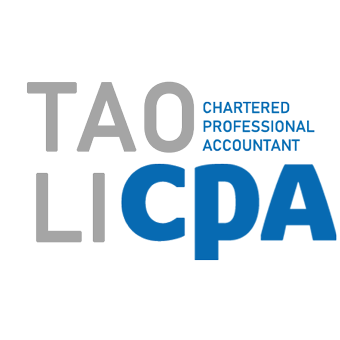Moving back to Canada – Tax implications on lump-sum withdrawal from US 401K and IRA retirement accounts
It’s not uncommon for Canadians living or working in the U.S. to own U.S.-based individual retirement accounts (IRAs) or qualified retirement plans such as 401(k) plans. A Canadian who is returning to Canada may wonder what he/she should do with that money in these plans. One option is to withdrawal the whole amount from these plans. This article is to discuss the tax consequences with the option.
401(k) and 403(b) Plans
401(k) plans are employer-sponsored plans that are usually contributed to by both employers and employees. The employees’ contributions are excluded from the employee’s taxable income, and the income earned within the account is not subject to tax until the year the funds are withdrawn from the plan. The plan holder is required to withdraw minimum annual distributions beginning at age 72.
403(b) plans are another type of U.S. retirement plan, which are set up by employers for the employees of certain schools, tax-exempt organizations, and ministers. Like 401(k) plans, allowable contributions are excluded from the employee’s taxable income and investment growth in the account is not taxed until withdrawn.
IRA
Traditional individual retirement accounts, or IRAs, are tax-deferred, meaning that the taxpayer doesn’t have to pay tax on any interest or other gains the account earns until you withdrawal the money.
Depending on the taxpayer’s annual income and workplace retirement plan options (such as a 401(k) or 403(b) plan), the IRA deduction limits may be lower than the contribution limits. Contributions to a traditional IRA can be fully deductible, partially deductible, or entirely nondeductible.
Lum sum withdrawal
For Canadian citizens returning from the U.S., a lump sum withdrawal from an IRA or 401(k) may be the right option when they’re:
• at or close to retirement (age 59½ or older),
• returning to Canada permanently, and
• holding a relatively small IRA or 401(k) plan
However the following tax implication should be considered before making such decision.
Tax implications:
If the Canadian citizen is a non-resident when they make their withdrawal, the withdrawal will be subject to 30% U.S. withholding tax. For Canadian tax purpose, the Canadian citizen must include this withdrawal as income for Canadian tax purposes, the withholding tax can be used as foreign tax credit. Depending on the taxpayer’s income the tax paid to US may not be fully recovered in Canada. In extreme situation, the full amount may be un-recoverable. Caution should be taken when implementing this approach.
